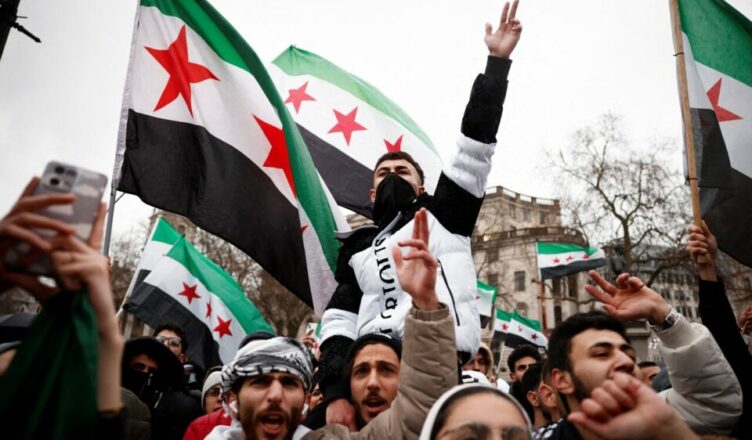In both Algeria and Syria, allies of Iran, the military plays a central role in managing political and economic affairs, according to Western experts.
In Syria, Bashar al-Assad and his family have used the military to maintain absolute control over the country, exercising parallel military and economic power to that of the state, leveraging antisemitism, and eventually being overthrown by rebel groups led by Islamist factions of HTS (Hayat Tahrir al-Sham, Levant Liberation Organization).
In Algeria, military power, often referred to as the « deep state, » has dominated the country since its independence in 1962, with the same anti-Jewish doctrine.
The authoritarian management of the country by the military elite, led by General Saïd Chengriha and President Abdelmadjid Tebboune, makes Algeria vulnerable to internal upheaval.
The army controls vast sectors of the economy, particularly the energy sector, and plays a decisive role in politics, profoundly influencing elected presidents and the entire decision-making process.
The military regime in Algeria, mercantile and self-serving, does not hesitate to suppress dissenting voices by using Zionism. The Hirak protests in the north and movements in the south of the country have shown a strong popular demand for more democracy, as well as political and economic reforms.
The ideology driving this Algerian government is fueled by racist stereotypes and virulent hatred towards Jews, whether local communities or international powers with ties to the State of Israel.
This atmosphere of hatred has intensified with the rise of the military junta under General Saïd Chengriha and President Abdelmadjid Tebboune, whose antisemitism is evident as they strive to maintain power, openly expressing hostility toward the Jewish state and the global Jewish diaspora.

